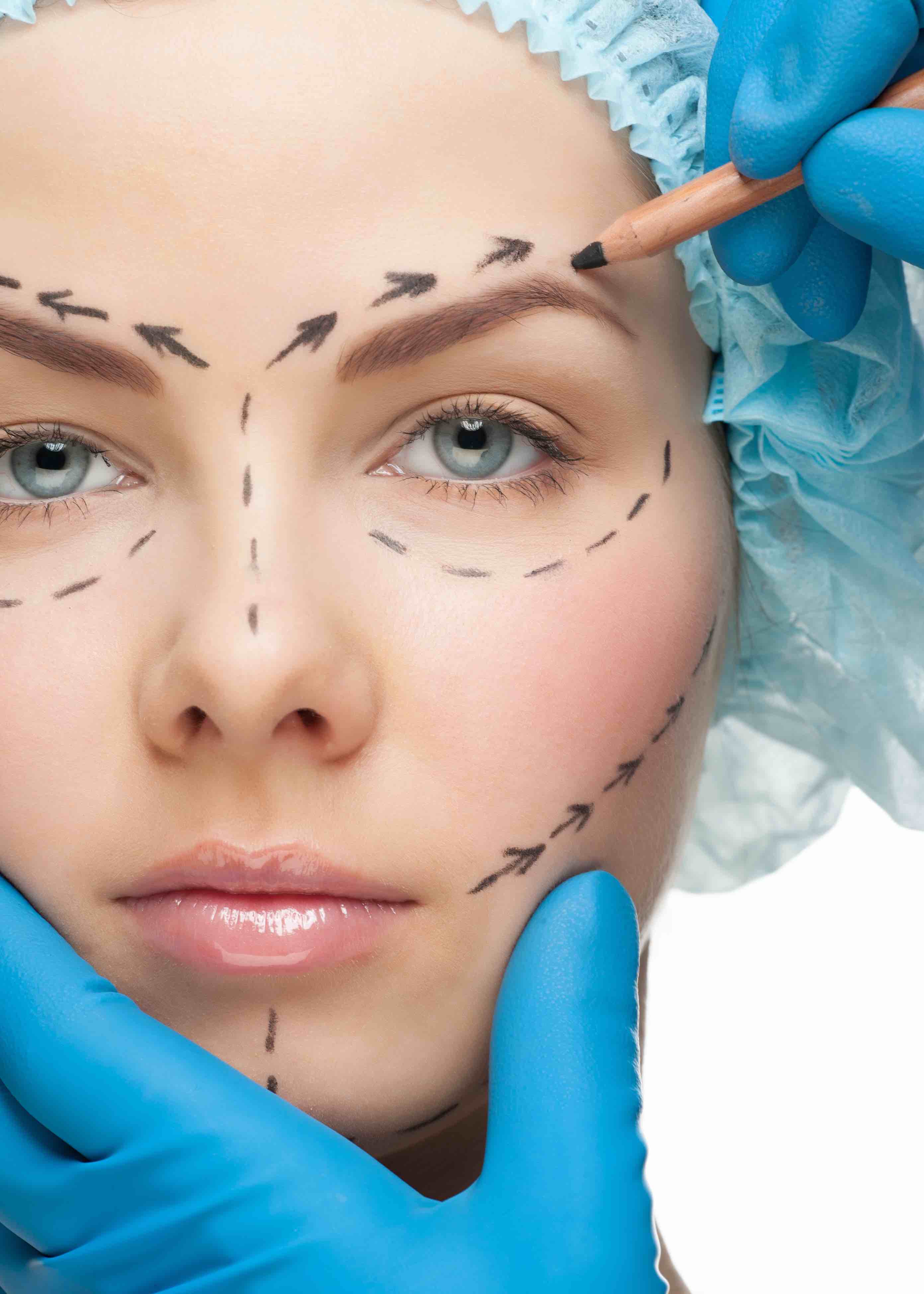Popularity of cosmetic surgery on the rise – but new report reveals industry needs greater reform
 Nearly half of all Brits (48%) have had or have considered having cosmetic surgery, according to a new survey and report which examines the current “health” of the industry and puts forward recommendations to improve the patient experience.
Nearly half of all Brits (48%) have had or have considered having cosmetic surgery, according to a new survey and report which examines the current “health” of the industry and puts forward recommendations to improve the patient experience.
Despite the rise in demand for aesthetic surgical procedures in recent years, consumer confidence is at an all-time low, with a new opinion poll revealing that over half of Britons (57%) have a negative attitude towards cosmetic surgery, with more than one in six (16%) describing their perception as wholly negative.
The survey, commissioned by Fitzroy Surgery and MYA Cosmetic Surgery, coincides with the launch of a new report2 called “Cosmetic Surgery - The Road To Reform: working together to restore patient trust”.
The report takes an independent overview view of the industry, charting its meteoric rise in popularity as well as analysing the impact of historical issues such as the PIP breast implant scandal and the current regulations and governance of the sector in order to probe patient safeguards.
In 2005, 22,000 cosmetic surgery procedures were carried out in UK. 10 years later in 2015, that number has doubled to over 51,000. The report explores some of the reasons behind this rise and considers the factors that influence consumer’s decisions to have surgery, with a poll of over 1,000 consumers finding:
- The main reason Brits have had or have considered cosmetic surgery is to increase body confidence and self-esteem – with twice as many women (33%) compared to men (16%) admitting this
- Nine in 10 (92%) don’t think that celebrities are always honest about cosmetic surgery
- Nearly a quarter of Brits (24%) said that a celebrity would influence their decision to have cosmetic surgery. However, younger people are more likely to be swayed – with 44% of 16-24 year olds and 46% of 25-34 year-olds – saying a celebrity would influence their decision to have surgery
The poll also reveals our biggest worries about cosmetic surgery are complications after surgery (60%), complications during surgery (49%), followed by health scares such as the 2012 PIP scandal (45%) and botched surgery media stories (42%). Given this, over half of respondents (53%) claim they feel uninformed about cosmetic surgery and do not feel there is enough reliable information available in the UK to make an informed decision. Interestingly, over a third of people surveyed (30%) said they put their trust in their GP to give them information on cosmetic surgery – even though this isn’t currently part of their medical training.
The report finds that whilst there are many examples of best practice, with excellent surgeons and providers, as well as the introduction of new regulations, there are still gaps in the provision of patient care and a need for greater scrutiny and continued reform to restore patient confidence and enable consumers to make informed choices about their providers and treatment options.
The report also finds that as a health speciality which currently lies outside the NHS, there is a lack of minimal standards or benchmarks for patients to compare outcomes and experience against. There is currently no, one overseeing body representing the cosmetic surgery industry, no standardised code of practice, no collecting and collating of data across the industry, no comparing or sharing of outcomes, success or failure. And, this could be putting patients at risk.
Addressing these concerns, the report calls for:
- Greater transparency of data on the outcomes of surgical procedures so that patients can understand what a good outcome is and therefore make an informed decision about choosing a cosmetic surgery provider and procedure
- An increase in the minimum requirements to become certified as a specialist cosmetic surgeon
- The establishment of a wholly independent body to regulate, monitor and standardise the industry and provide one “port of call” as an unbiased source of information for patients
Simon McMillan, managing director at Fitzroy Surgery and MYA Cosmetic Surgery commented, “Despite the many challenges faced by the industry, I believe that things are now moving in the right direction. It is clear that the PIP scandal in 2012 highlighted the urgent need for the industry to reform itself and to provide better services for patients and greater assurances that patient safety will be paramount. Making sure that we pull together as an industry to make that happen is now our greatest responsibility and our biggest challenge.”
Commenting in the report, Sally Taber, Director of ISCAS, the Independent Healthcare Sector Complaints Adjudication Service says, “The lack of unbiased, informed standardised information coming from the industry to the consumer has always been a real problem. In the first instance, this means that when the patient is trying to choose a surgeon they have no-where to turn and often end up choosing on price or locality. Secondly, this lack of education means that consumers often have an unrealistic view of surgery and what it entails. So when the patient discovers it isn’t a walk in, walk out procedure or it can’t give them the body of a celebrity, they are more likely to perceive the procedure as a failure which adds to the poor reputation of the industry.”
To view the full report click here: https://www.fitzroysurgery.co.uk/about/media-report/

